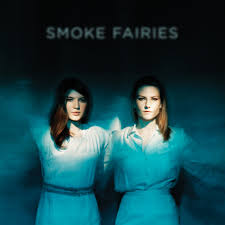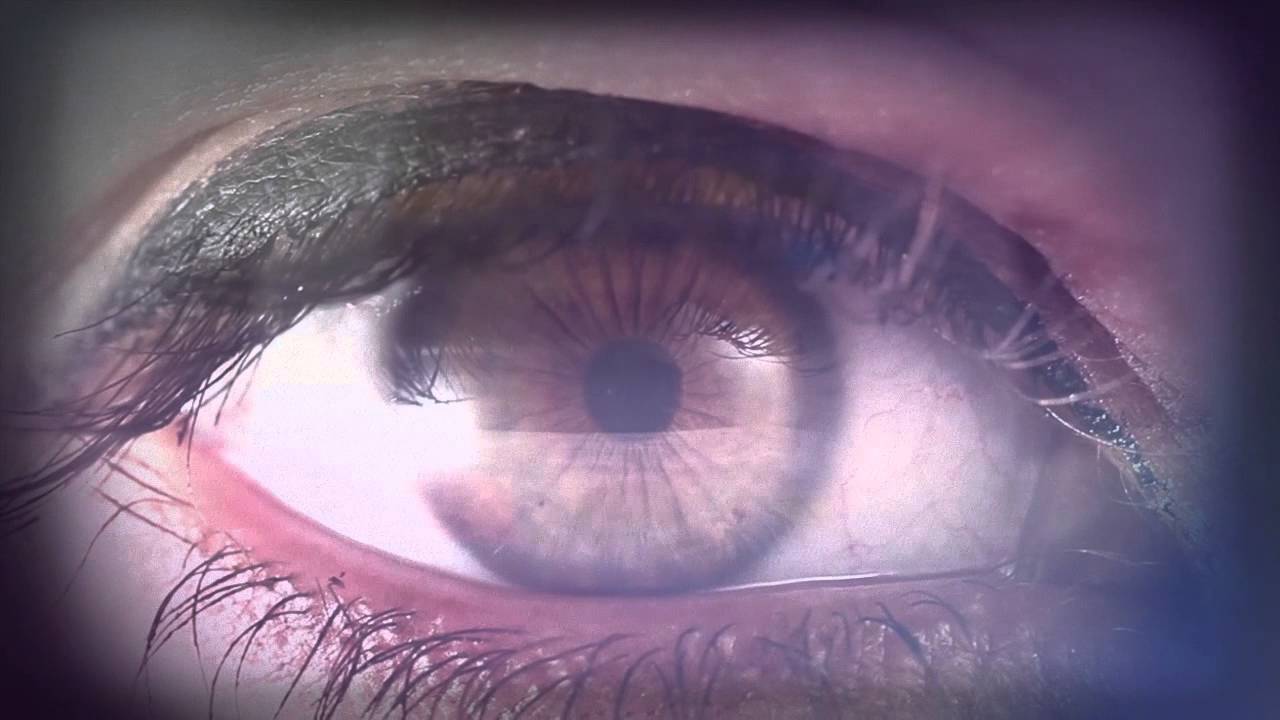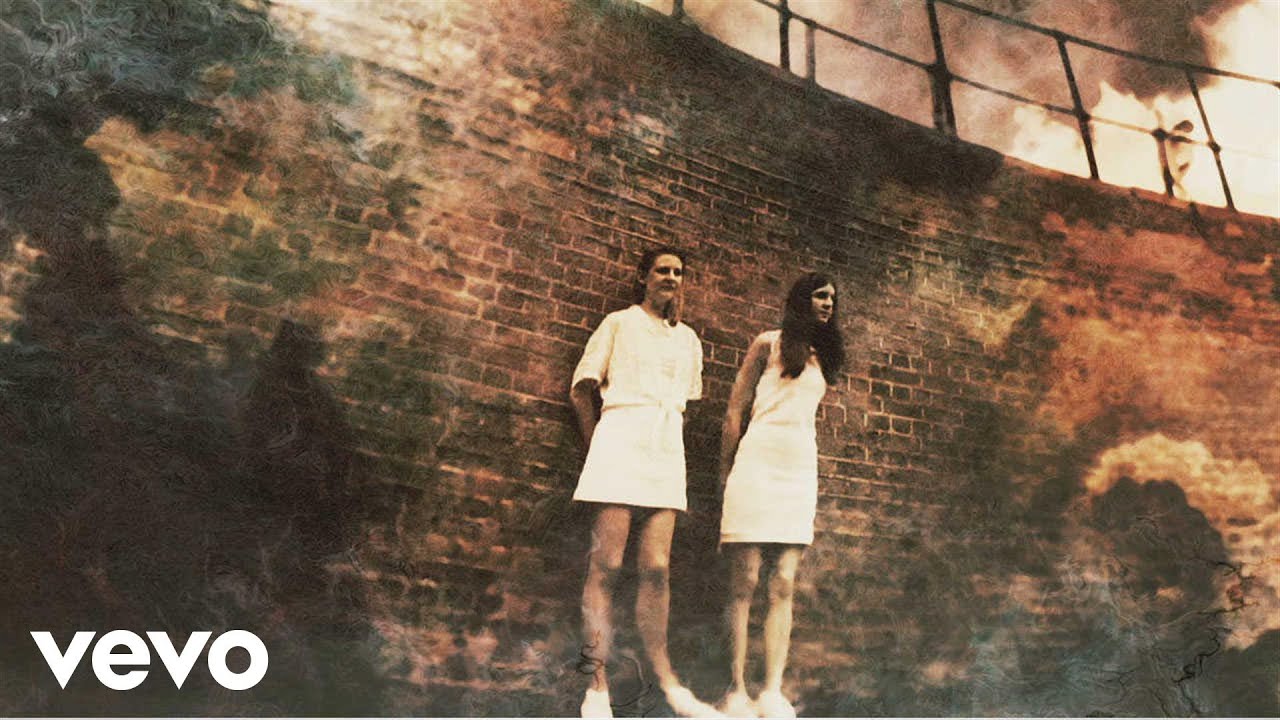Over the course of three albums and numerous singles, Smoke Fairies have created a haunting fusion of delta blues, English folk and medieval plainsong, a unique sound world that gradually seduces the listener into a state of slightly awed acquiescence (well, this listener anyway). But as the refreshingly candid press release that accompanies their latest album makes plain, Jessica Davies and Katherine Blamire underwent a serious period of self-doubt and re-evaluation before making it, wondering whether they shouldn’t just throw the towel in.
On the face of it, their career got off to a great start, with early patronage from Jack White, a major label deal, and subsequent tours with Bryan Ferry, Richard Hawley and Laura Marling. But perhaps therein lies the rub – this initial attention positioned Smoke Fairies a little too firmly in Mojo/Mercury Prize territory and the mundane yet cut-throat realm of the ten-CDs-a-year-consumer. While most bands are grateful for any leg-up they can get, as I’m sure Davies and Blamire were, you can’t but wonder if this pigeonholing must have felt artistically stifling. And for whatever reason, it hasn’t been that remunerative either, with both of them still working temp jobs to make ends meet.
Thankfully, they decided to continue, because Smoke Fairies is another brilliantly immersive album, albeit with a slightly updated sound. Blamire has talked about secretly listening to pop music on the bus, trying to work out "why it was popular, why it was good," but we’re not talking a full-on Lady Gaga-style make-over here – the sombre harmony vocals and icy atmospherics remain, only now augmented with twilight electronica and programmed beats. The gloriously languid ‘Eclipse Them All’ is a brilliant example of this new angle, its heavy-lidded drums, dronic organ and tiny shards of irradiated guitar creating an intimate but spacey vibe.
Other examples of this new if subtle regime include the menacing, mechanical desert rock of ‘Shadow Inversions’, the spooky, diaphanous vocals making Davies and Blamire sound like a pair of evil will o’ the wisps, while the delicate piano motif of ‘Koto’ is underpinned by a decayed electronic beat, the track building to the album’s one unrestrained moment of rocking out. Because restraint and control are very important qualities in Smoke Fairies’ music, integral to its brooding power and otherworldly feel. Nowhere is this better illustrated than on ‘Your Own Silent Movie’, the stark beauty of the verse’s naked vocal spiralling up into an angelic chorus.
Of course, there’s also a strong continuity with the stylings of their previous records, with the ever-so-slightly threatening folk blues of ‘Misty Versions’ building an atmosphere of supernatural vengeance that shows why their name was so well chosen. Their English folk heritage is also evident on the bucolic vocal phrasings of ‘Hope Is Religion’, recalling early 70s folk rock bands such as Trees and Mellow Candle, but also The Colour Of Spring-era Talk Talk in its loose, piano-based arrangement.
But most strikingly, there continues to be an existential melancholia at the heart of Smoke Fairies’ music, the incredible tonal purity of their voices and the unshowy precision of their guitar and piano playing acting as a counterpoint to the deep-dive soul-searching of their lyrics, many of which seem to be about coming to terms with unconscious desires and fears. That’s not to say the album’s a complete downer, far from it. Opening track ‘We’ve Seen Birds’ is full of hope and joy, borne aloft on the wings of a brittle Phil Spector beat, while ‘Want It Forever’ is direct and uptempo, with a great wordless shout of a chorus. But even here, there’s still a sense of something being held back in reserve, a mystery element that fuels the cold fire of the Smoke Fairies’ sound.
Smoke Fairies is full of great songs and shimmers with little details – a bit of spooky guitar here, an unexpected vocal swoon there. It’s also emotionally resonant, without ever pandering to traditional industry notions, and in this way, Smoke Fairies are increasingly starting to approach the very English singularity of Her Holiness Kate Bush.




